Why Start a Blog?
In addition to being a creative outlet, blogging may be a beneficial way to establish a personal brand, make money, share knowledge, evaluate items, or keep track of interests. It can also serve as the basis for an internet business.

Building a Personal Brand and Authority
By producing insightful content, blogging helps you become recognized as a subject matter expert in your industry. Thanks to your blog, which highlights your expertise and enthusiasm, you may be approached for partnerships, speaking appearances, and consultancy jobs.
Passive Income Potential
Because they can continue to create income streams like affiliate marketing and ad revenue even when they are not actively working on the blog, blogs have a special potential to generate passive income. This flexibility has attracted many prospective bloggers.
Choosing the Right Niche for Your Blog
The key to your blog’s success is choosing the appropriate niche, which will shape your content and readership by striking a balance between your enthusiasm and a subject with a strong market demand.
Passion vs. Profitability
Select a subject you love to write about, then think about how profitable that niche is. Determine whether this market is served by goods or services, and whether consumers are prepared to pay for similar solutions. Select a niche based on your potential income and hobbies.
Researching Market Demand
To reach a searcher without being oversaturated, pick search phrases with moderate competitiveness and acceptable traffic using tools such as Ahrefs, SEMrush, and Google Trends to investigate the popularity of your topic.
Finding Your Unique Angle
Narrow your focus or present a novel viewpoint to set yourself out in a niche market. For example, instead of writing a generic fitness blog, concentrate on outdoor workouts or fitness for working parents. This strategy frequently results in speedier growth.
How to Set Up Your Blog
It’s time to set up your blog after choosing a specialty. This may seem intimidating, but it’s actually easier than you might think.
Choosing a Domain Name and Hosting
Select a memorable domain name that captures the essence of your blog. Well-known hosting companies like HostGator, SiteGround, and Bluehost provide reasonable plans with simple WordPress integration.
Selecting the Right Blogging Platform
Because of its versatility and large plugin library, WordPress is a well-liked blogging platform; nevertheless, beginners may find Wix or Squarespace more suitable due to their simpler settings.

Essential Plugins and Tools for SEO and Optimization
Install the Yoast SEO, WP Rocket, and Google Analytics plugins to improve search engine ranking and user experience on your blog by streamlining your blog’s content, accelerating your website, and monitoring performance.
Crafting High-Quality Content That Attracts Traffic
A blog’s foundation is its content since it is crucial to drawing readers in and successfully monetizing the site.
Keyword Research and SEO-Friendly Titles
Use resources such as Ubersuggest or Google Keyword Planner to do keyword research in order to find low-competition, high search volume keywords for blog content. Make sure your titles grab attention and are optimized for search engines.
Writing Engaging and Valuable Content
Content should be useful to readers by solving issues, imparting knowledge, or providing entertainment. Use headings to break up lengthy paragraphs, write in a conversational style, and add images or videos for posts that are dynamic to keep readers interested.
Creating a Content Calendar for Consistency
Using a content calendar can help with organization and frequent publishing, which is vital for retaining readers and boosting search engine optimization. Consistency is key for the success of a blog. Organizing postings several weeks or months ahead of time is also advantageous.
Proven Ways to Monetize Your Blog
A blog can be made profitable through a variety of monetization techniques, such as the top five tried-and-true ways for bloggers to make money.
1. Affiliate Marketing – How to Earn Commissions
By using your blog to promote goods or services, you can become an affiliate and receive a reward each time a reader uses your referral link to make a purchase. Numerous affiliate programs are available on websites like CJ Affiliate, ShareASale, and Amazon Associates. Make product recommendations that fit the needs of your audience and your niche.
2. Display Advertising – Google AdSense and Alternatives
Your blog must have steady traffic if you want to make money from display ad networks like Google AdSense, Mediavine, or AdThrive. These platforms display advertisements on your blog and get paid when a user clicks or views the adverts. Ad balancing, however, is essential to preserving user experience.
3. Sponsored Posts and Collaborations
Through sponsored articles, brands look to bloggers to promote their goods and earn money from content providers. For partnership chances, get in touch with specialized brands or sign up for influencer marketing networks like Influence.co or AspireIQ.
4. Selling Digital Products and Courses
Knowledge in a particular field can be used to produce and market digital goods on websites such as Teachable or Gumroad, such as e-books, printables, or online courses. This allows for scalable revenue generation because the product just needs to be made once and sold forever.
5. Offering Services Based on Your Expertise
Make use of your blog as a portfolio to highlight your particular abilities, such as writing, graphic design, coaching, or consulting, by setting up a “Hire Me” page.
SEO Strategies to Grow Your Blog Traffic
The key to monetization is driving visitors to your blog, which can be achieved by employing efficient SEO techniques that raise its search engine ranking.
On-Page SEO Essentials
Use alt text for photos, internal links to other posts, and interesting meta descriptions to improve SEO. You should also incorporate target keywords into headings, URLs, and content.
Backlink Building and Networking with Other Bloggers
SEO requires backlinks, which can be developed through guest posting, teamwork, and producing excellent content. Building a network with influential people in your niche can also lead to backlink chances, which will increase the visibility of your site.
Optimizing for Mobile and Core Web Vitals
The traffic to your blog comes from mobile devices, which is why it is so important to optimize for them. To optimize your Google rankings, make sure your website is responsive, loads quickly, and complies with Core Web Vitals.
Driving Traffic Through Social Media and Email Marketing
Social media and email marketing are effective strategies for attracting and retaining readers, in addition to SEO.
How to Use Social Media Platforms Effectively
Select social media channels that correspond with your area of expertise. For example, lifestyle and do-it-yourself blogs may use Pinterest; business and IT blogs may use Twitter or LinkedIn. To improve visibility, interact with your audience and share your posts frequently.
Building an Engaged Email List
Developing a devoted audience through email marketing is a really successful tactic. Sending out frequent emails and offering freebies in return for sign-ups keep people interested. Email list development and administration are made easier by platforms such as ConvertKit and Mailchimp.
Collaborating with Influencers and Bloggers
You can broaden your audience and boost website traffic by collaborating with other bloggers and influencers in your area through social media takeovers, podcast interviews, and guest blogging.
Analytics and Performance Tracking
It’s critical to keep track of your blog’s analytics in order to spot winning tactics and places in need of development.
Using Google Analytics to Monitor Traffic
By using Google Analytics to track visitor interaction, post performance, and traffic sources, you can enhance your content strategy and identify areas that need attention.
Tracking SEO Performance with Tools
SEO tools that provide useful insights into rankings, backlinks, and keyword performance are SEMrush, Ahrefs, and Moz. These tools enable you to make necessary adjustments on a regular basis to stay competitive in your niche.
A/B Testing for Blog Layout and Content
By comparing two versions of a blog post or layout, A/B testing allows for the optimization of headlines, call to action (CTAs), and post structures to increase engagement and conversion rates.
Scaling Your Blog for Long-Term Success
Scaling your blog is essential for long-term success once it starts to gather traction.
Expanding Your Income Streams
Increase the revenue potential of your blog by integrating several revenue streams, like digital product sales, affiliate marketing, and consultancy services.
Outsourcing Tasks and Building a Team
Your blog can expand effectively with the support of freelancers for jobs like writing, design, and SEO optimization, freeing you up to concentrate on more advanced tactics.
Consistency and Adaptation to Trends
Sustaining blog growth necessitates regular content production, flexibility in response to market developments, algorithmic modifications, and novel revenue streams.

Conclusion
In 2025, launching a successful blog can be a fun and fulfilling endeavor. You can make your blog a successful online business by choosing the appropriate niche, producing worthwhile material, and putting good monetization techniques into place.
FAQs
1. How long does it take to make money?
Depending on your niche and marketing tactics, starting a can take anywhere from six to twelve months to start bringing in a steady revenue.
2. What is the best way to monetize?
One way to monetize a new site without needing a lot of traffic is to offer freelance services and use affiliate marketing.
3. How much traffic do I need to start making money?
One way to monetize a new site without needing a lot of traffic is to offer freelance services and use affiliate marketing.
4. Do I need technical skills to start?
Technical expertise is not needed to start a because website builders like Wix and WordPress make it simple for non-programmers to get started.
5. Can I blog part-time and still make money?
Many bloggers focus on consistency and producing high-quality material as they go from part-time to full-time income streams.
